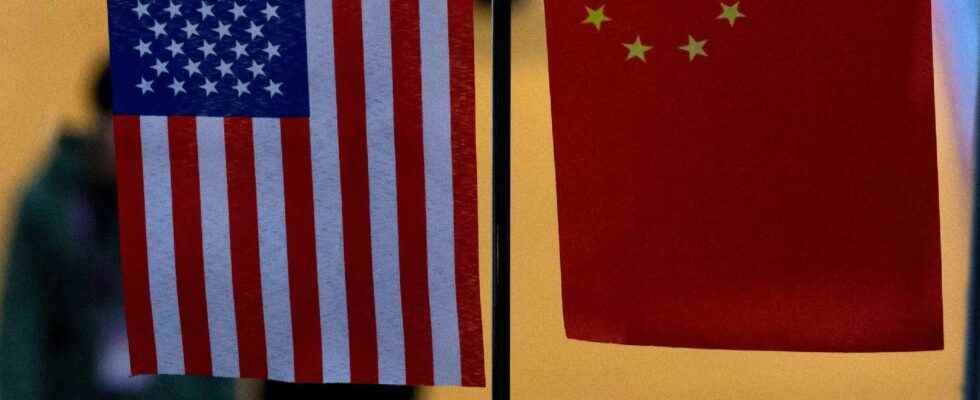It’s an additional blow for China, as it may not end 2022 as the United States’ top trading partner for only the second time since 2008, according to early foreign trade data. After months of talks at the White House, Japan and the Netherlands are said to have reached an agreement on Friday (January 27th) to limit exports of advanced electronic chips to China, a measure intended to make it more difficult to develop weapons, according to Bloomberg.
The deal comes three months after the U.S. Commerce Department imposed unilateral export controls, which barred U.S. companies from selling advanced components or equipment to produce chips, used in military applications like intelligence artificial intelligence (AI), the modeling of nuclear weapons or even hypersonic weapons. For two years, Joe Biden had been negotiating with the two countries to apply the same restrictions to their respective champions, Tokyo Electron and Nikon for Japan and ASML for the Netherlands. This strategy is part of a desire to “maintain as wide a lead as possible” on Chinese technologies, set out by the American national security adviser, Jake Sullivan, last September.
A technological war
If for the time being no public announcement has been made, the effective implementation of the agreement could take several months. “The talks have been going on, for a long time already, but we don’t communicate about it. And if something should come out of it, one wonders if it will be made very visible,” the Dutch Prime Minister said on Friday in The Hague. Mark Rutte, in response to a question about the talks. “This is such a sensitive subject that the Dutch government chooses to communicate diligently, and that means we will only do so in a very limited way,” he added.
These new restrictions will accentuate the technological war in which Beijing and Washington have been engaged for several years. The world’s largest producer of electronic devices, China is indeed dependent on semiconductors, which constitute the main import item – ahead of oil – with 432 billion dollars of chips purchased in 2021.
The latter are the “brain” of connected objects – smartphones, computers, cars – but also that of sophisticated targeting weapons, such as certain types of drones or missiles. The trigger for this new hardening of Washington was the realization of the considerable progress made by China, after the test of a hypersonic nuclear-capable missile in August 2021, which was later determined to have been developed. thanks to supercomputers using semiconductors produced in Taiwan, by TSMC.
For the time being, Beijing has not communicated on the subject. But for his part, ASML chief executive Peter Wennink fears that these restrictions will successfully push the country to develop its own technology.
